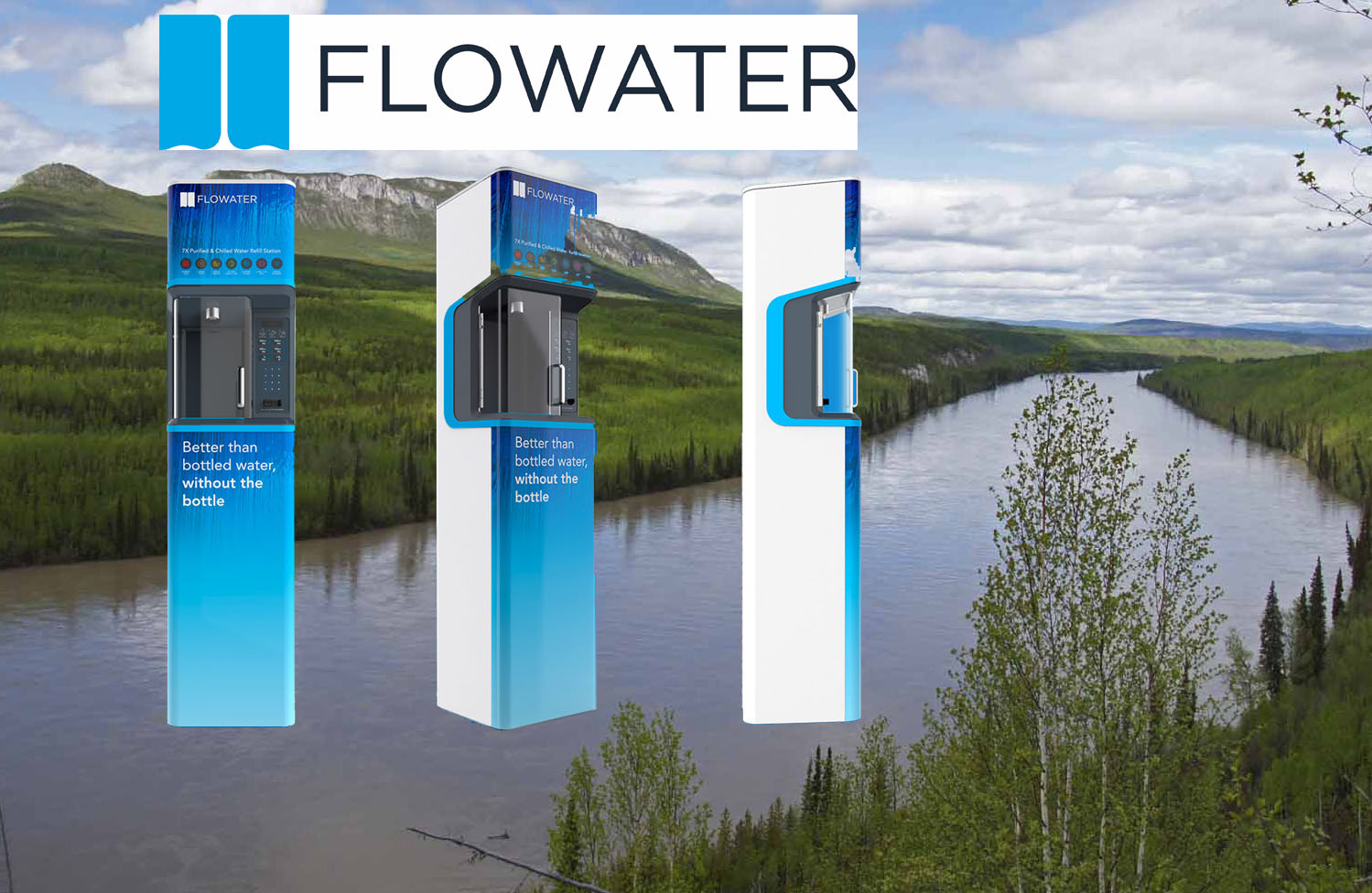I must warn you, what you’re about to read may make you question your life decisions and feel a slight bout of depression. For those of us who paid even the least bit of attention in science class when we were kids, you already know that 70% of the Earth’s surface is water, specifically 1.3 trillion cubic kilometers of the stuff. If you stopped listening at this point in class, you most likely are unaware that our planet is running out of the water, and without this resource, we will undoubtedly kick the collective bucket. You may be asking yourself, wait, if three-fourths of the Earth is covered in water, how could we ever run out? Well, 97.5% of that is seawater which, if any of you have had the displeasure of getting a mouth full of ocean, know that seawater is unfit for human consumption. The worst part about the increasing depletion of fresh water is that the act of drinking water isn’t even the worst culprit for water usage, it’s manufacturing, and agriculture. According to recent statistics from National Geographic, one pound of beef takes 1,7999 gallons of water to produce. Beef isn’t the only suspect here, of the less than 1 percent of fresh water available for humans, 70% goes toward growing food and raising animals. The average U.S. diet presently takes 1,320 gallons of water per day to produce. How bad do you feel now?
In recognition of just how precious of commodity water is, an entire sustainability industry has emerged over the past few years. One of the more innovative companies, FloWater, said secured $15 million in its first major round of funding, led by Bluewater, a Swedish company that sells purifiers and such.
According to TechCrunch, FloWater was started eight years ago in Burlingame, California, and originally set out to remedy for key water-related issues in the states. First and foremost, the company wanted to solve the “growing obesity epidemic fueled by sugary, carbonated beverages, creating a lifelong addiction to sugar and empty calories.” It is an inconvenient truth that many young people in America have an issue with chugging soda like it’s their profession, and this habit leads to heart disease, diabetes, and dental issues. Second, FloWater wants to eradicate some 38 billion single-use plastic water bottles that “end up in our oceans, lakes, rivers, and landfills every year, and never biodegrade.” Next, we have the fact that millions of barrels of oil and hundreds of millions of pounds of CO2 byproduct waste are created to manufacture and transport bottled water, all because you don’t feel like refilling that Nalgene you got for Hanukkah, how dare you?
FloWater’s whole schtick is about installing water refill stations in schools, universities, fitness centers, hotels, and offices, and anywhere else people need to drink water so, eventually, everywhere. I applaud the company’s hopes and aspirations for trying to rid the world of plastic consumption, while trying to increase access to clean drinking water, but the fact of the matter is, millions of people in this world have no access to any form of clean water, and a filter mounted on a school wall won’t work without a flow of water from somewhere. More than 35% of the world’s population lack access to improved sanitation, but I understand that not every company can simply remedy all the world’s issues. What I am suggesting is that if we are willing to invest millions of dollars in water filtration systems for corporate offices, perhaps we could at least siphon some of that cheddar to bring water to people who need it.





